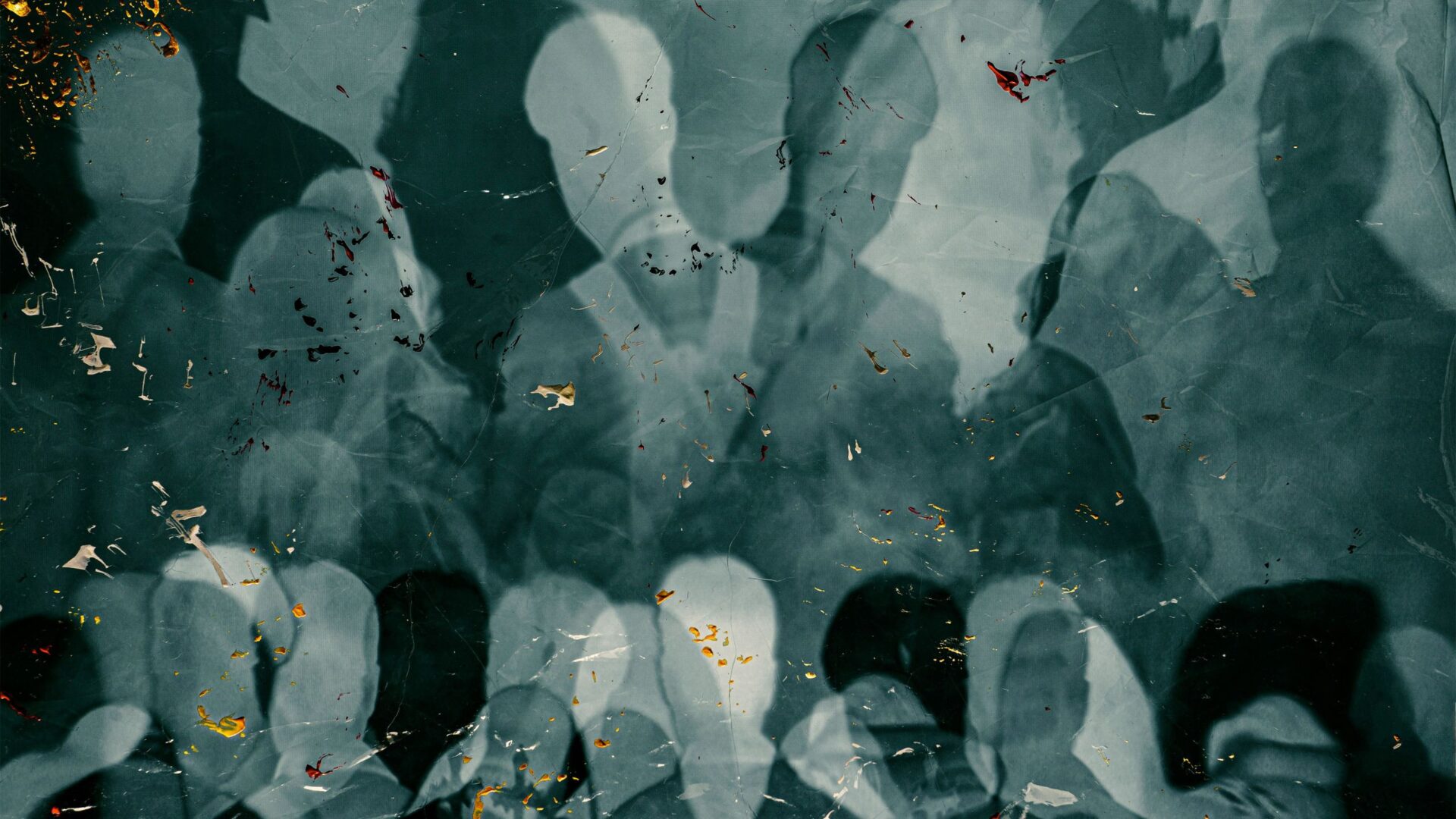Analytical psychology is a school of thought in psychology that emphasizes the exploration of the unconscious mind and its influence on human behavior. It was founded by Carl Gustav Jung, a Swiss psychiatrist and psychoanalyst, in the early 20th century. Analytical psychology differs from Sigmund Freud’s psychoanalysis, although Jung was originally a student and colleague of Freud before they had a significant intellectual split.
Key Concepts in Analytical Psychology:
1. The Collective Unconscious: Unlike Freud’s focus on the individual unconscious, Jung introduced the idea of a “collective unconscious” shared by all humans. This consists of archetypes—universal symbols, patterns, and myths that shape our psyche.
The Collective Unconscious is a deep, shared layer of the mind that all humans inherit, filled with universal symbols and instincts that influence our thoughts, dreams, and behaviors. Unlike personal memories, it contains archetypes—ancient, primal images and ideas present in myths, fairy tales, and religious stories across cultures.
Imagine The Hero—whether it’s Harry Potter or Hercules, cultures worldwide have a similar figure who embarks on a quest, faces trials, and ultimately triumphs. This universal figure is an archetype from the collective unconscious, shaping our stories and aspirations, even if we’ve never encountered the original myth.
Another archetype, The Shadow, represents the hidden, darker sides of ourselves, often shown in stories as villains or monsters. Integrating our shadow leads to personal growth, according to Jung.
The collective unconscious is like a psychic DNA, connecting all of humanity through shared imagery and instincts.
2. Archetypes: These are the universal, inherited ideas or images found in the collective unconscious. Common examples include the hero, the mother, the shadow (dark aspects of the self), and the wise old man.
Archetypes are universal, timeless symbols or characters that exist in the collective unconscious of every human. They shape our thoughts, dreams, and stories, popping up in myths, movies, and daily life, even if we’re unaware of them.
- The Hero: The classic savior who faces danger and emerges victorious. Think Superman, Luke Skywalker, or Wonder Woman. We all recognize this figure striving for justice and glory.
- The Mother: The nurturing caregiver, like Mother Earth or Disney’s Mrs. Potts in Beauty and the Beast. This archetype symbolizes protection, comfort, and unconditional love.
- The Shadow: The dark, hidden side of ourselves, representing fear, guilt, or desires we’d rather not admit. In fiction, think of Darth Vader or Dr. Jekyll and Mr. Hyde.
- The Trickster: Mischievous, playful, and disruptive. Characters like Loki or even the Cheshire Cat in Alice in Wonderland embody this archetype, challenging the status quo and causing chaos.
- The Wise Fool: A paradoxical figure like Forrest Gump—someone who seems simple or naive but possesses deep wisdom.
- The Anima/Animus: These are the feminine qualities in men (anima) and the masculine qualities in women (animus), influencing gender dynamics and inner balance.
- The Divine Child: Symbolizing innocence and potential, this archetype can appear in mystical figures like Baby Yoda or the Christ child.
Archetypes are like mental blueprints, guiding our understanding of people and the world!
3. Individuation: A central process in Jungian thought, individuation is the journey of integrating the conscious and unconscious parts of the psyche to become a whole, balanced individual. It’s often described as self-realization or personal growth.
Individuation is the process of becoming your true, authentic self by integrating both your conscious and unconscious mind. It’s about discovering who you really are, beyond social roles and expectations, and achieving psychological wholeness.
- The Hero’s Journey—Within: Just like heroes fight external battles, individuation is your personal quest to face inner struggles, like fears and hidden desires, and come out stronger. It’s not about becoming perfect, but about accepting every part of yourself—good and bad.
- The Shadow Work: You confront your Shadow—the dark, repressed parts of your personality—and learn to accept or transform them. Common example? Someone struggling with anger realizes it’s not just “bad” but can also give them strength when channeled positively.
- Integration of the Anima/Animus: Individuation involves balancing masculine and feminine qualities within, like a man embracing his sensitivity or a woman tapping into assertiveness, finding harmony between both.
- The Alchemical Transformation: Jung likened individuation to turning lead into gold—symbolically, it’s about transforming raw, unconscious material into self-awareness and wisdom, just like ancient alchemists’ quest for the philosopher’s stone.
Individuation is like psychological alchemy, blending all your aspects—light and shadow—to become a whole, authentic individual.
4. The Shadow: The “shadow” represents the unconscious, repressed parts of the personality that are often negative or uncomfortable. Coming to terms with one’s shadow is an important part of personal development in Jungian theory.
The Shadow in psychology represents the hidden, often darker parts of our personality—the traits we deny or repress because they’re uncomfortable or socially unacceptable. It’s the “other side” of ourselves that lurks in the unconscious, waiting to be acknowledged.
- The Hidden Self: The Shadow is like a closet full of things you don’t want others (or even yourself) to see—anger, jealousy, fear, or shame. But ignoring it doesn’t make it go away; it just grows more powerful, influencing your actions in subtle ways.
- Facing Your Demons: To grow, you have to confront your Shadow, much like how Batman faces the darkness within himself to fight crime. By accepting or transforming these hidden traits, you become more whole.
- Projection: Imagine you can’t stand someone for being arrogant, but in reality, you might be suppressing your own arrogance. This is called projection—when we “project” our Shadow onto others instead of dealing with it inside ourselves.
- The Shadow as a Monster: In horror movies, the monster often represents the Shadow. For example, in Dr. Jekyll and Mr. Hyde, Hyde is Dr. Jekyll’s repressed desires and darkness manifesting into a separate, uncontrollable identity.
The Shadow is like your personal dark side—ignored, it controls you. Acknowledged, it empowers you.
The Connection to Spiritualism:
Jung was deeply interested in spiritual and mystical experiences. His work often explored the psychological aspects of religion, spirituality, alchemy, mythology, and even astrology. Unlike Freud, who saw religion as a kind of neurosis, Jung believed that spirituality was a fundamental aspect of the human experience. He viewed spiritual symbols, myths, and practices as ways to connect with the deeper layers of the unconscious.
Jung’s own mystical experiences and his study of Eastern religions (like Hinduism and Buddhism) influenced his psychological theories. He also had a particular interest in alchemy, which he interpreted as symbolic of the process of individuation—transforming the base elements of the psyche into a more complete, higher state.
Jung as the “Face” of Analytical Psychology:
Carl Jung remains the primary and most recognizable figure in analytical psychology. His followers and modern-day Jungian analysts continue to build upon and apply his theories in areas such as psychotherapy, dream interpretation, and personality analysis (for instance, the Myers-Briggs Type Indicator is based on Jungian psychology).
His influence on areas like spiritual psychology, personal transformation, and even new-age thought is profound, due to his holistic approach to the psyche that integrates the spiritual and mystical with the scientific aspects of psychology.



